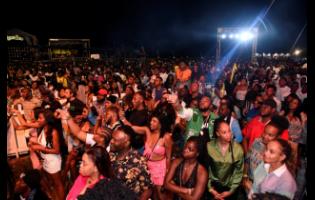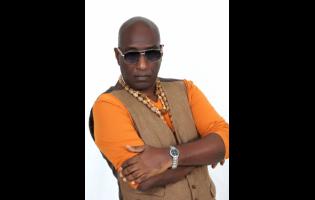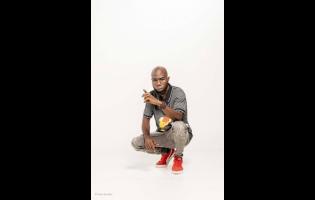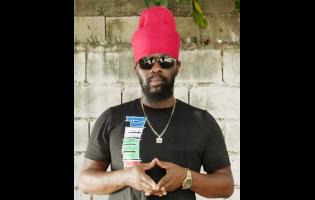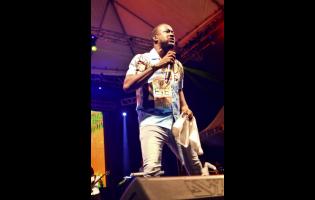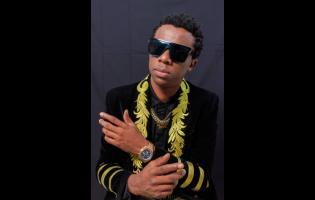Kool Herc against the name 'trap dancehall'
Credited as the founding father of hip hop, Clive Campbell, popularly identified by the stage name ‘Kool Herc’, made it public that he does not like the name ‘trap dancehall’ or ‘trap hall’ for the juvenile subgenre birthed from the collaboration of rap, hip hop and dancehall.
The veteran disc jockey, who was the guest of honour for the Jamaica Music Conference (JMC) and one of the panellist for the ‘From Then Til’ Now: The Evolution of the Reggae Mecca’ discussions last Saturday, says that the name carries a negative connotation.
Kool Herc explained, “The trap thinking comes from ‘trap house’ which comes from ‘crack house’, speaking all type of gangsters concepts … I believe the emerging subgenre is open for a name one that does not relate to drugs.”
Kool Herc, who is now a US citizen, is still very proud of his roots, being passionate about the way Brand Jamaica is being advertised to the global platforms. Defined particularly by it ominous, hard-core lyrical content recorded on a heavy beat, the sound is steadily gaining recognition as a fusion of international and local sounds.
“I like the sound of the music, but as far as a name, I don’t like where it is,” he said.
Reggae/dancehall newcomer Kemar Highcon and veterans Gramps Morgan and Shaggy agreed that a lot has to be done with the marketing of the new sound for it to break barriers.
No official name
Kemar Highcon, the So Saucy artiste, said the sound does not have an official name.
“I don’t do trap dancehall, but I believe it was just given the name to the style of the artistes chopping or saying things that ride the beat occasionally – it is a sound and lyrics production that has a lot to do with it. Still, I don’t think it has a name yet,” Highcon added to the panel discussion.
Shaggy explained that in introducing a new or hybrid sound of dancehall (and reggae), there needs to be more focus on the target market.
“We are not seeing the streaming numbers or people crossing barriers with it; right now there is Afrobeat and reggaeton pulling huge numbers both labelled as a birth child of dancehall and yet dancehall and reggae have the lowest streams; and now we are moving from that authenticity to a trap dancehall sound and don’t see it being competitive,” Shaggy said.
“When we play outside of the niche market of Jamaican dancehall, ask any disc jockey if they can play a trap dancehall song, no … they have to play back tunes from the ‘90s. What is happening is, we are trying to reinvent something that is not broken, when we need to come with a hybrid sound that can compete with the Afrobeat and reggaeton.”

































